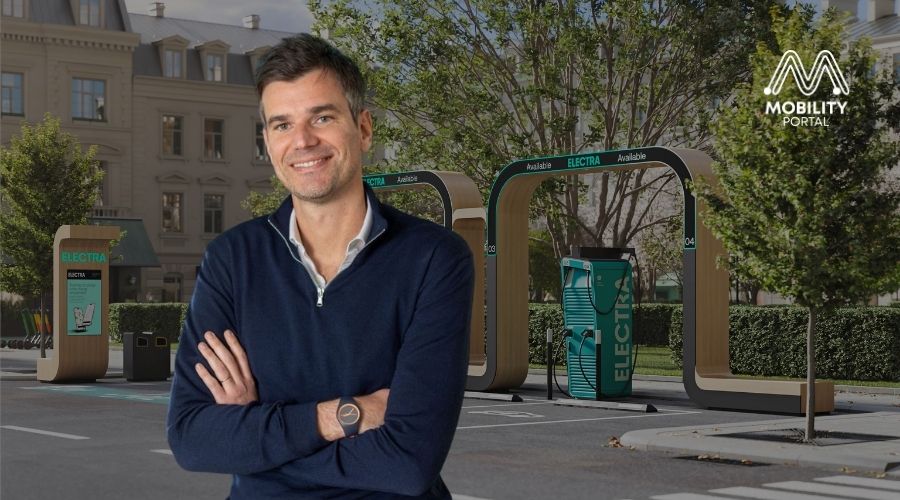The cost of charging an electric vehicle (EV) battery in Spain is ten euros cheaper than in Germany, according to a study published by Switcher.ie, an Irish company specialising in price comparison and switching services for energy, telecommunications, and personal finance.
Specifically, Germany is the most expensive country to “refuel” an electric car, with an average cost of 25.73 euros for a full charge (7.06 euros per 100 kilometres), while in Spain the cost is 15.71 euros — ten euros less — for a full battery (4.31 euros per 100 kilometres).
Denmark ranks as the second most expensive country for electricity, with 24.56 euros per full charge (6.74 euros per 100 km).
It is also one of the countries with the highest rate of electrification in Europe, with 66% of its vehicle fleet being electric.
Ireland is in third place, with a cost of 24.14 euros for a full charge and 6.62 euros per 100 kilometres driven.
The three countries with the lowest electricity costs for charging an EV are Kosovo, at 4.87 euros per charge (1.34 euros per 100 kilometres); Georgia, at 4.59 euros to fully charge a battery (1.26 euros per 100 kilometres); and Turkey, with an electric refuel costing 4.05 euros (1.11 euros per 100 kilometres).
Spain ranks 14th out of the 38 European countries analysed in the study and is the fourth cheapest among the major European economies, ahead of Germany, Italy (20.30 euros per charge and 5.57 euros per 100 kilometres), and France (19.09 euros per charge and 5.24 euros per 100 kilometres).
This difference is mainly due to the cost of electricity.
In Germany, the cost per kilowatt-hour (kWh) is 0.39 euros, while in Spain it averages 0.24 euros.
Germany Ahead of Spain in Electrification
The ten-euro price gap between Germany and Spain is not reflected in EV sales volume.
This is despite the fact that Germany has reduced direct subsidies for electric vehicles in favour of new tax benefits starting in 2025.
Last month, 43,060 battery electric vehicles (BEVs) were registered in Germany — an increase of 44.9% compared to the same month the previous year.
In Spain, 9,051 units were sold. Although this represents a 106% year-on-year increase, their market share remains significantly lower than that of other engine types.
So far this year, Germany has maintained a considerable lead over Spain in terms of electrification.
Up to the end of May, 201,563 fully electric models were sold in the German market according to data from the German automotive authority (KBA), nearly six times more than the 35,111 EVs sold in Spain (based on figures from Anfac).
The Switcher.ie study was conducted by comparing the cost of charging electric vehicles at home across Europe, based on the price of a full charge and the cost per 100 kilometres.
The ranking is ordered from the most to the least expensive countries.
The analysis used data from the 25 best-selling EVs in each market.
READ MORE
-
Electra CEO outlines strategy: Czechia entry, spring opening, investment in Germany — others on hold
Aurelien de Meaux, co-founder and CEO of Electra, one of Europe’s best-funded CPOs, explains why they chose to enter the Czech Republic rather than Portugal or Poland, and outlines how they approach expansion. Which factors carry the most weight when deciding on a new market?
-
Basildon launches Essex’s first all-electric bus station after £30.6m transformation
The funding has delivered new high-capacity charging infrastructure at the depot, enabling buses to fully recharge overnight using Renewable Energy Guarantees of Origin (REGO) electricity.
-
Faconauto reclama más fondos para el MOVES: “El mercado avanza, pero las ayudas no llegan”
La patronal alerta de que el agotamiento del presupuesto en la mayoría de las comunidades frena operaciones ya iniciadas, pese a que las ventas electrificadas viven su mejor momento del año.










